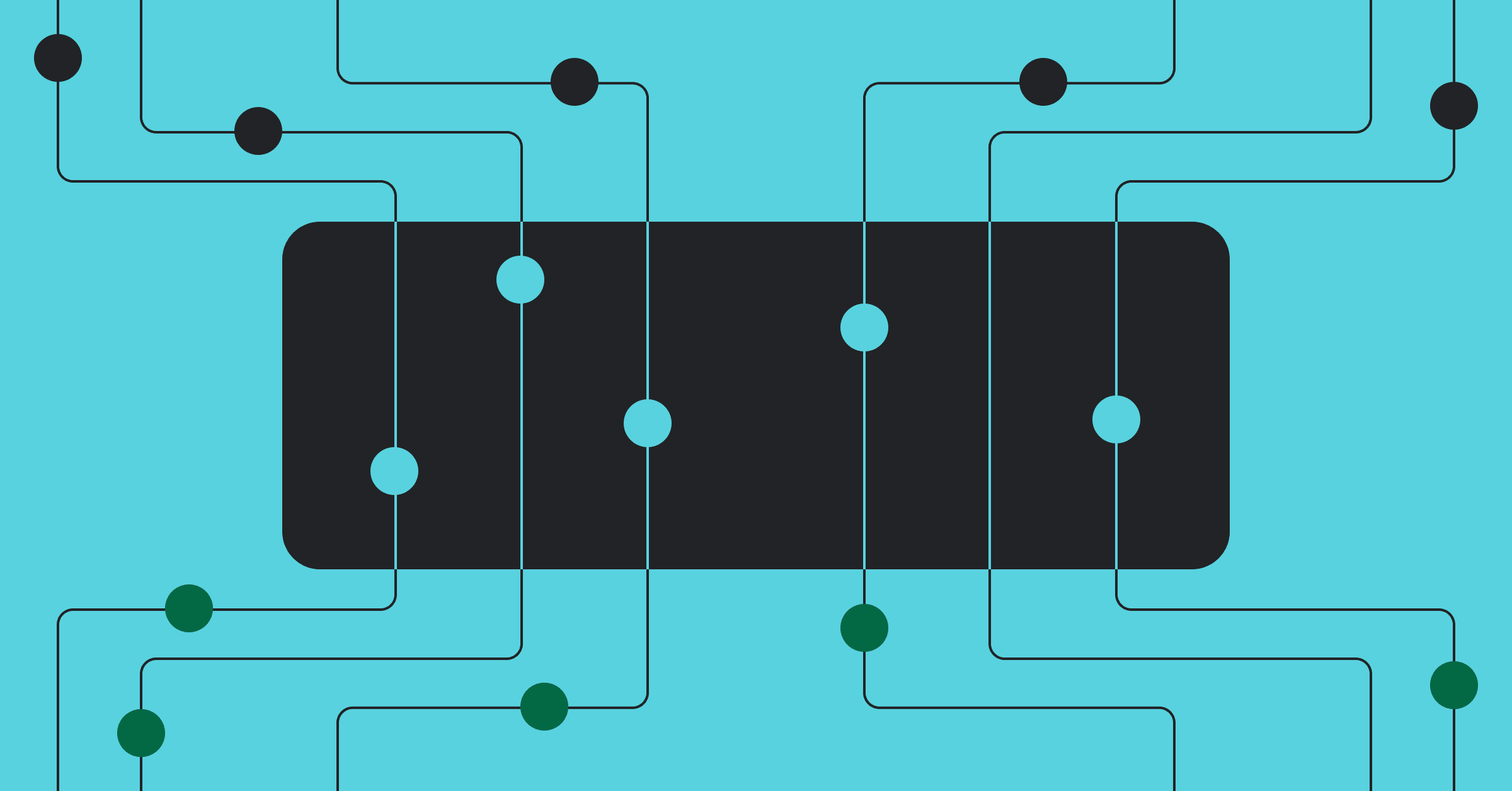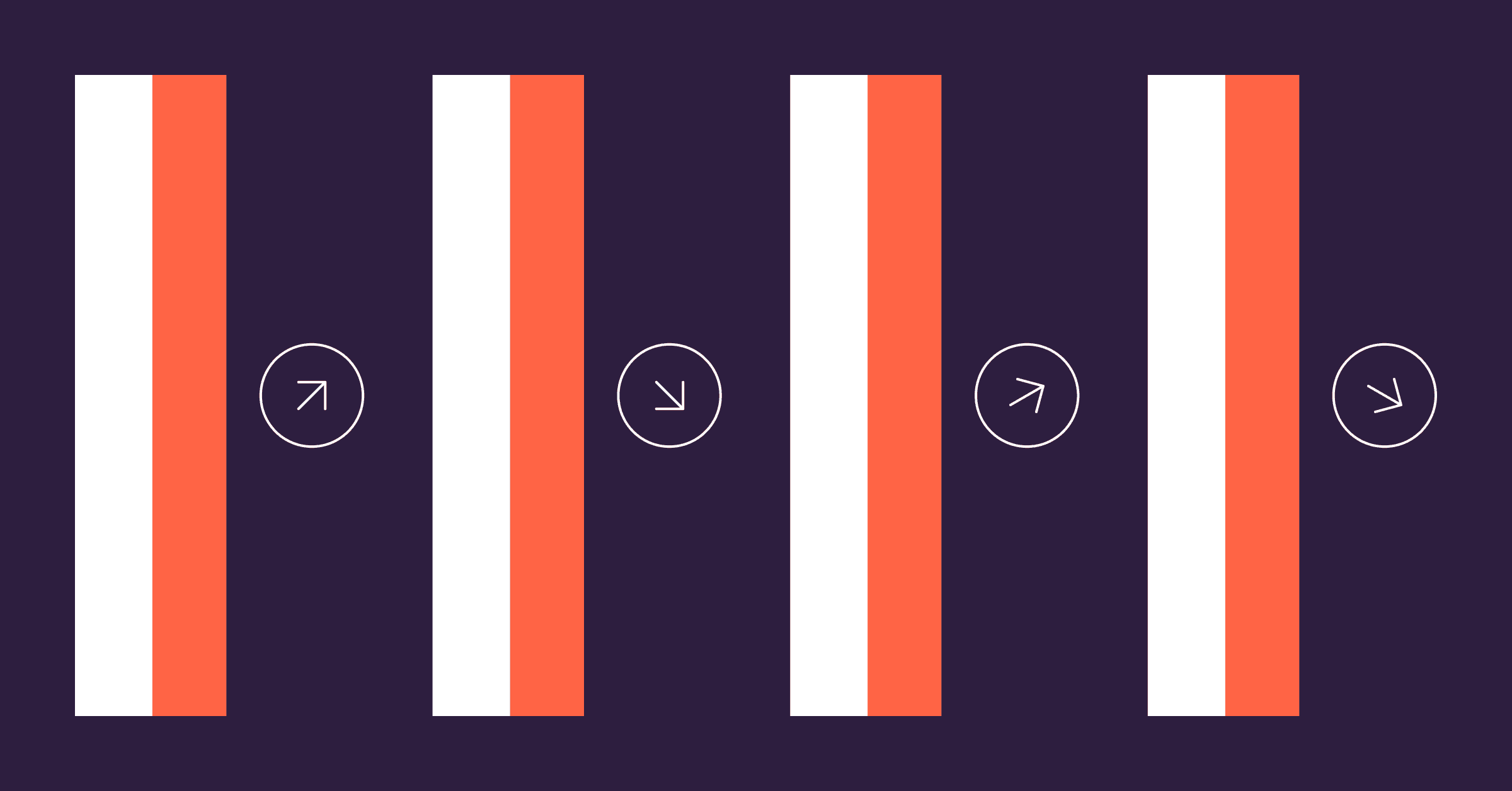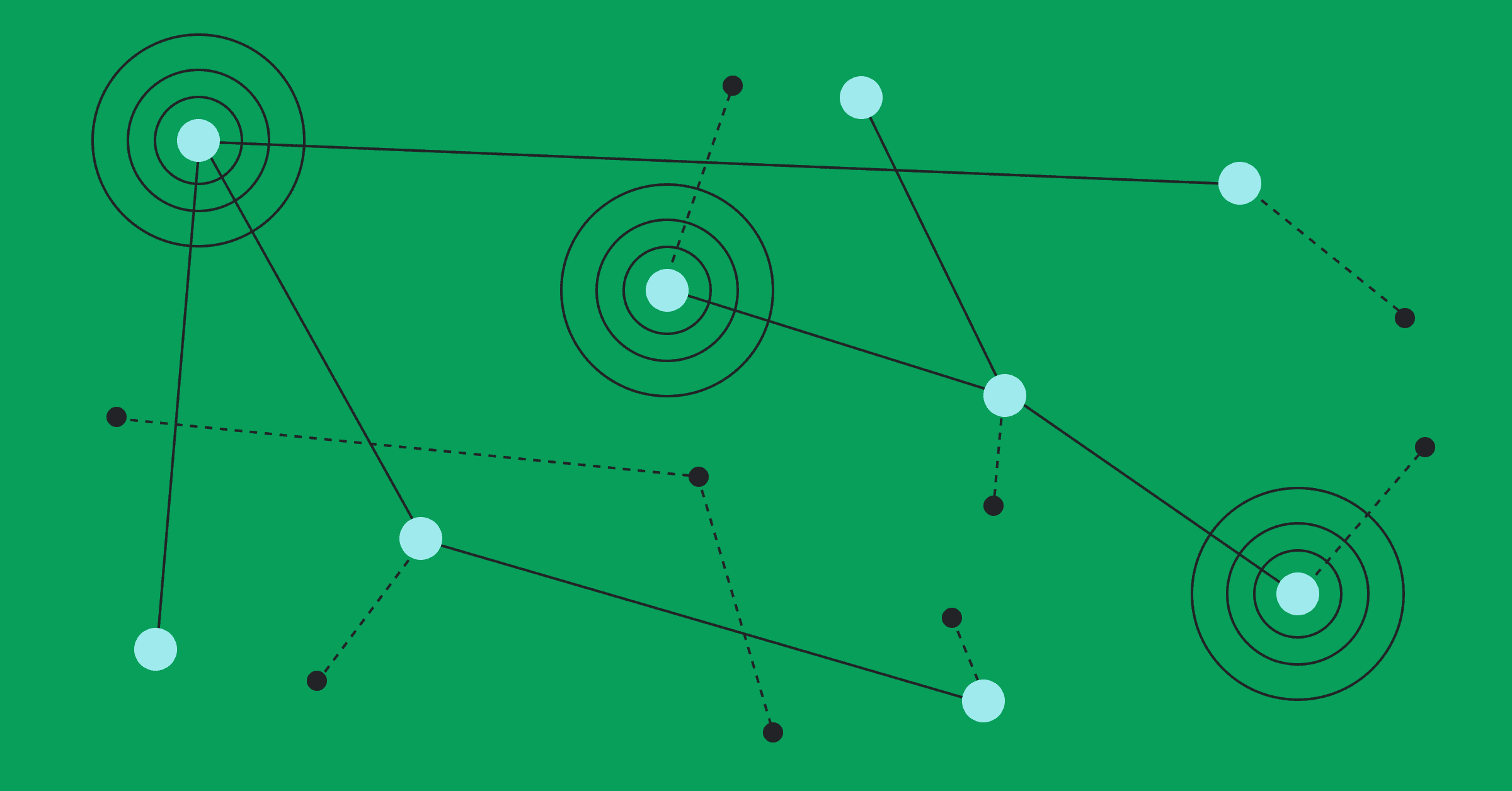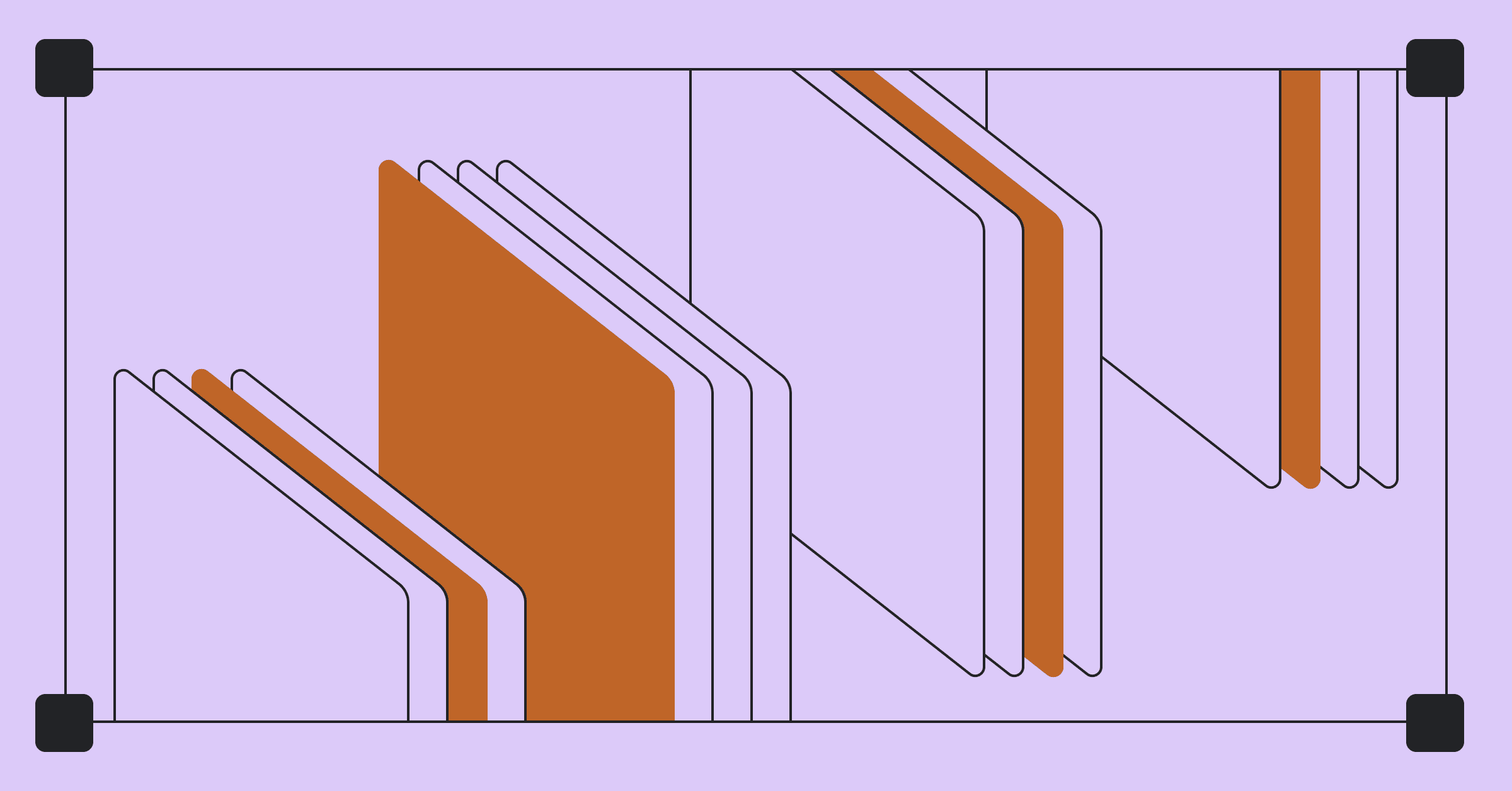For decades, the command line terminal has been a fundamental part of software development - a trusty, if rusty, tool that most engineers take for granted. But Zach Lloyd, co-founder of Warp, sees an opportunity for a radical transformation. He argues that in an AI-driven world, the terminal is destined to evolve from a simple text interface into an intelligent platform for orchestrating AI agents.
"I actually think that in the future developers are not gonna be using terminals or IDEs so much," Lloyd explains. "What they're gonna be using is a platform... all geared around doing agentic workflows."
This vision represents a profound rethinking of how developers express their intent to computers. This article explores Lloyd's insights on the terminal's journey: from fixing its long-standing usability issues to its new role as a native AI platform that is reshaping the future of development.
Reimagining a tool stuck in the past
Traditional terminals have long suffered from fundamental usability problems. As Lloyd points out, the lack of basic mouse support or discoverability for complex commands creates unnecessary barriers. "Why are people wasting time trying to memorize all that stuff?" he asks.
Warp's journey began by applying modern UX patterns to these problems, but the rise of LLMs expanded their vision. The terminal, they realized, is the natural place for AI integration. "When you think about what you're doing as a developer using the terminal, you're basically telling your computer to do things," Lloyd says. In the new version of the world, rather than typing a command to run a program, "you type a prompt to launch an agent."
More than a terminal: a native AI platform
Warp is positioning itself not just as a better terminal, but as a reimagining of the developer's primary interface, operating at what Lloyd calls "a way more powerful layer in the stack." This becomes clear when you compare it to CLI-based AI tools that are constrained by the legacy terminal environment they run in.
"If you're running an app inside of a terminal, you're really limited," Lloyd explains. Those tools can only render characters and lack rich UI. As a concrete example, when a traditional CLI tool presents a code diff, it's just immutable text printed to the screen. In Warp, however, the diff is an interactive, editable UI element. By building features like split panes natively at the application level, Warp provides a more seamless and powerful experience.
The future of work: agentic workflows
This new platform enables a shift from interrogative AI interactions ("How do I...") to imperative ones ("Undo my last git commit"). This transforms the developer's role into an orchestrator of multiple concurrent agents.
A developer can now kick off a task for an agent and move on to something else, checking back periodically. "You're gonna eventually get to a point where you start to kick something off and it could be like, 'Hey, go up to point X and then check back in with me,'" Lloyd explains. This requires agents to be good at explaining their thought processes so the developer always maintains comprehension and control.
Ultimately, the developer's job shifts up the cognitive chain, away from typing code and commands and toward higher-level thinking. Your primary role becomes guiding agents in English, focusing on "good abstractions, good system design, good performance, [and] making sure code goes into the right place."
From typing code to thinking in systems
As the terminal evolves from a simple text interface to an intelligent platform, the developer's role is evolving with it. To thrive in this new era, engineers must adapt to the "stochastic quality" of AI tools and embrace a mindset of continuous learning, as the power of these tools is changing incredibly fast.
For those hesitant to adapt, Lloyd recommends approaching AI with an open mind. A bad experience six months ago is no longer relevant, and the key is to learn from colleagues who are using these tools successfully.
This transformation is not about AI replacing developers, but enhancing their capabilities. By offloading the minutiae of typing commands and code, AI frees up engineers to focus on the more creative and durable skills: system design, product thinking, and clear communication. As Lloyd puts it, "This is actually fun. This lets me get more done. This lets me focus on stuff that I want to do."
To dive deeper into the terminal of tomorrow, listen to Zach Lloyd discuss these ideas in depth on the Dev Interrupted podcast.




